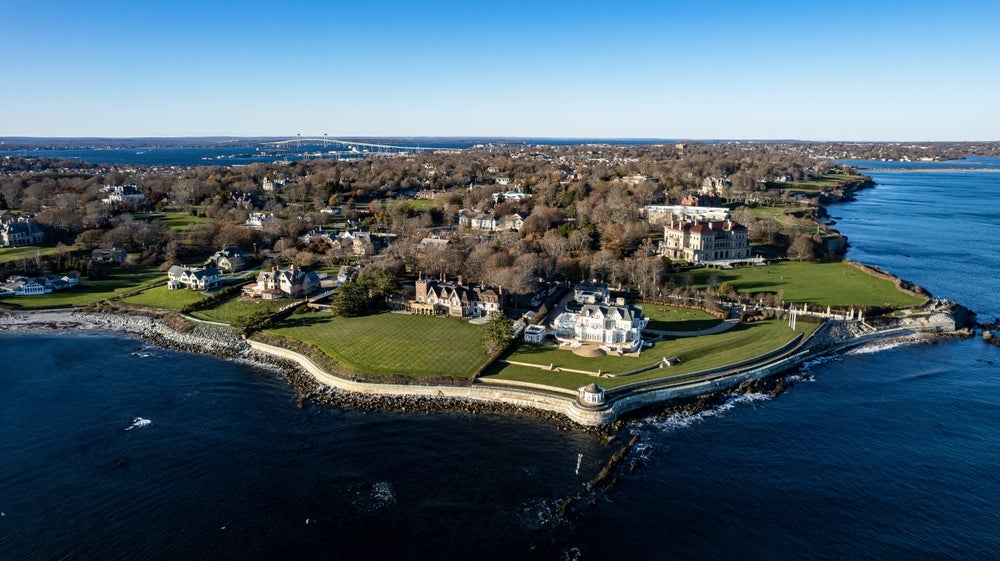First-time homebuyers are gaining ground in unexpected territory, with Rhode Island leading a wave of Northeastern and Midwestern states where new buyers are claiming a growing share of home sales.
According to data issued by Freddie Mac initially cited by Realtor.com, Rhode Island topped the nation with a 14.3% increase in first-time buyer market share from 2019 through 2024, despite the state’s median listing price of $569,950 sitting well above the national average of $425,000.
Don't Miss:
The trend extends throughout the region, with Iowa, Nebraska, Wisconsin, and Connecticut all seeing first-time buyer shares climb by more than 10% over the same period.
The shift comes as first-time buyers now account for more than half of conventional conforming mortgages nationwide, up from 20% in 2004, according to Freddie Mac’s latest market outlook report.
The surge in new buyers appears strongest in areas with moderate or slower overall sales activity.
Meanwhile, popular retirement destinations like Arizona and Florida saw smaller gains in first-time buyer share, likely due to competition from older Americans moving to these regions.
Only two states bucked the trend entirely, with Louisiana and North Dakota seeing slight declines in first-time buyer share over the past five years.
See Also: Commercial real estate has historically outperformed the stock market, and this platform allows individuals to invest in commercial real estate with as little as $5,000 offering a 12% target yield with a bonus 1% return boost today!
The broader picture remains challenging for new buyers. When including cash sales and unconventional loans, first-time buyers made up just 26% of all existing home sales last month, according to the National Association of Realtors — matching historic lows seen in recent months.
New buyers are facing significant headwinds. Entry-level home prices have grown 63% more than high-end home prices since 2000, according to Freddie Mac’s analysis. The supply crunch is equally severe, with approximately 30 renter households competing for each available home for sale, up from fewer than 10 in 2006.
“Less affordable housing is acutely felt by those seeking to buy their first homes, especially those without substantial wealth at their disposal,” Freddie Mac’s report says.
Trending: Maker of the $60,000 foldable home has 3 factory buildings, 600+ houses built, and big plans to solve housing — you can become an investor for $0.80 per share today.
Behind the regional shift lies a demographic wave, with Millennials and the oldest members of Generation Z becoming a force in the housing market. Data from Freddie Mac shows that young adult renters are earning more than in previous years, with three million renter households between ages 25 and 44 now earning at least $75,000 annually in inflation-adjusted terms.
However, economic headwinds are mounting for those potential buyers. The unemployment rate for renters has climbed from 5% to over 6% since 2023 while remaining stable for homeowners.
It's a disparity that could impact future first-time buyer activity, as most future buyers are currently renting.
Freddie Mac is responding to the challenges. In the second quarter of this year alone, the organization financed roughly 200,000 primary home purchases, with first-time buyers accounting for 53% of the transactions. The agency has also launched a new platform to help potential buyers connect with down payment assistance programs through their lenders.
The findings come as the housing market grapples with high mortgage rates and tight inventory, creating some of the toughest conditions on record for aspiring homeowners.
Read Next:
© 2024 Benzinga.com. Benzinga does not provide investment advice. All rights reserved.








